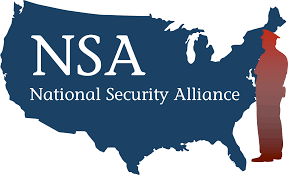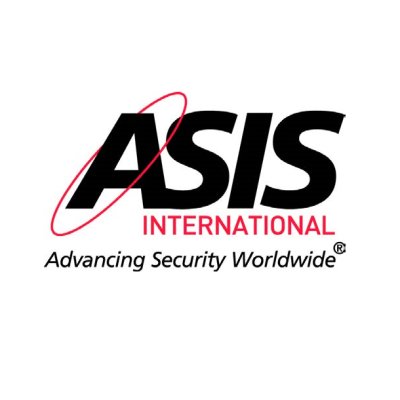
Compliance
What are the Duties and Responsibilities of a Security Guard?
Michelle Miller
Security guards are often misunderstood, they do a lot more than simply stand around in uniform. If you’re reading this blog, you’re probably wondering, “what does a security officer do?”
Security officers have many duties and responsibilities that vary depending on the size of the company and the type of business they work for, but some of these include: ensuring safety at the workplace, preventing theft by monitoring activity in public areas, providing assistance during emergencies or medical situations, and ensuring order.
Security guards are there to protect the public, maintain order, and enforce rules and laws. They patrol properties such as schools, malls, and other large venues for crime prevention purposes. These professionals are also responsible for controlling crowds at concerts or sporting events so that they can keep people safe from potential harm. Security guards often have challenging jobs in trying circumstances where they come into contact with difficult customers on a regular basis.
If you're wondering what you should reasonably expect from your hired guards, or if you're considering becoming a security guard, then this blog post will give you an idea of the day-to-day duties of a security officer.

Training:
Before anyone can become a security guard, a training certification is required. Research your state's requirements for training before hiring or applying.
Candidates are usually required to pass a criminal background check, drug test, and educational requirements in order to be certified. Training varies depending on the company and state but should include some form of defensive tactics, self-defense skills, weapons handling, first aid, and harassment classes.
If you're looking for quick, effective, online training on how to be a security guard, we offer multiple courses at an affordable rate.

Responsibilities:
The responsibilities for security officers vary from employer to employer, but most share the same general duties and responsibilities. Security officers are responsible for conducting rounds of the premises, ensuring that all doors are secured, and responding to any alarms or disturbances in a timely manner.
Security guards have many duties, but many fall under two categories: direct or indirect. Direct duties involve interacting with people on-site, which means that security officers need to be able to deal professionally with unruly employees as well as intruders who could create a dangerous situation. For instance, if someone is found wandering around the building at night security officers are supposed to approach them and ask what they're doing there or call for backup in order to make sure that it doesn't escalate into something more serious.
Indirect duties involve monitoring video feeds from cameras so you don't have to be on-site with people. Security officers monitor for things like vandalism or theft and then alert the authorities if they see an incident happening.
Security guards are also responsible for the safety of employees and visitors to the premises, which includes protecting them from unsafe or hazardous situations. They may be called upon to administer first aid in an emergency situation, but this depends on their employer's policies.
To be a security guard, you must have an understanding of how to deal with emergency situations, such as fires or explosions, depending on the site.
Security guards should always stay current with new security regulations and legislation, especially those that affect their jurisdiction or place of business. It is also important for them to maintain a good working relationship with law enforcement agencies in the area so they can react quickly and effectively if an emergency situation does occur.

Security officers should always remain vigilant in their duties; they are the last line of defense between intruders attempting to enter the premises and causing harm to the people on site.
Physical presence is the main duty of a security officer. Security does not happen solely at night, so officers need to be present during all hours that someone could enter or exit their premises. They should check doors and windows for signs of suspicious activity, such as broken locks or peepholes covered up with tape. The goal in these instances is to not only make it more difficult for an intruder to enter, but also to secure the exit in case of emergency.
Security officers should patrol their grounds and periodically check on personnel during breaks or at lunch hour as well. They need to be alert and prepared at all times.
Despite how simple security may seem, it's actually a complex job with a lot of responsibilities. The security officer has to work in a variety of settings and be prepared for anything.
If you are hiring security guards it's important to know what you should expect from them and to not allow your hired guards to slide on their duties.
If you are looking to become a security guard, then you should be prepared to take on responsibility in all areas of your job.










